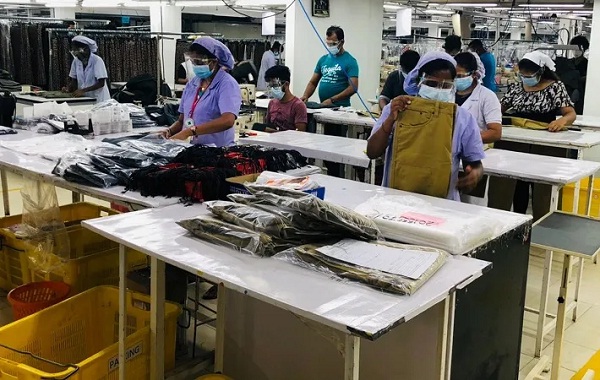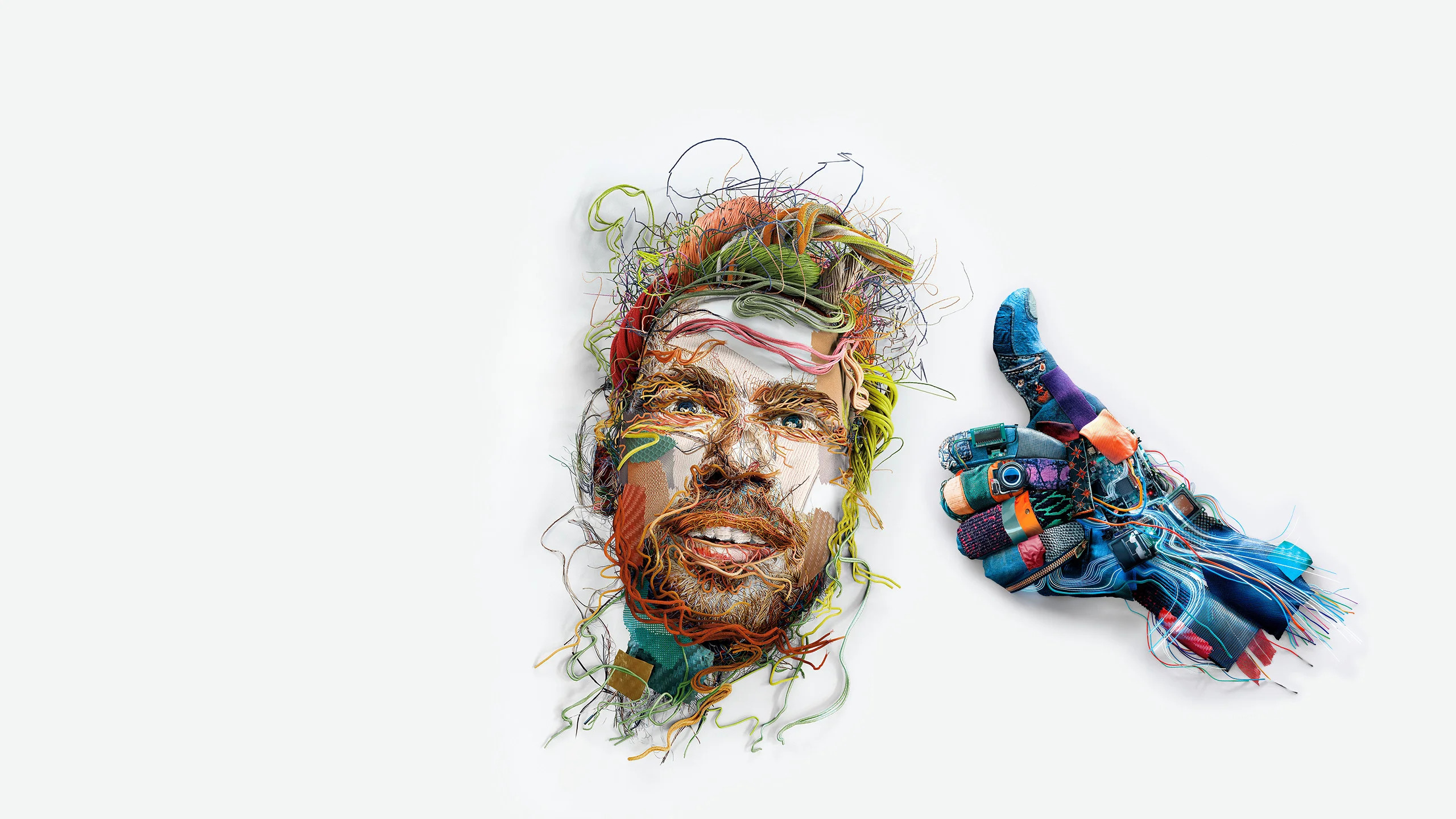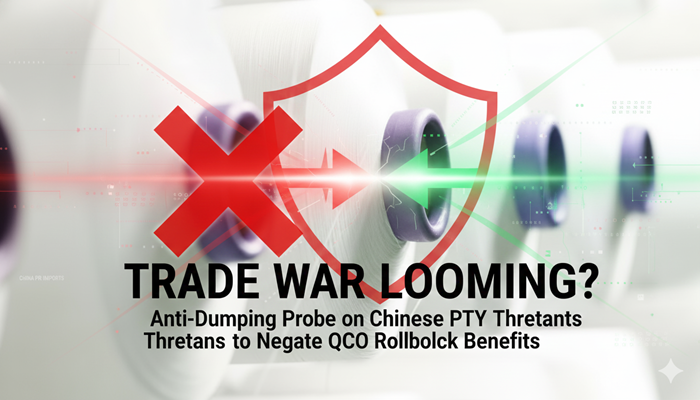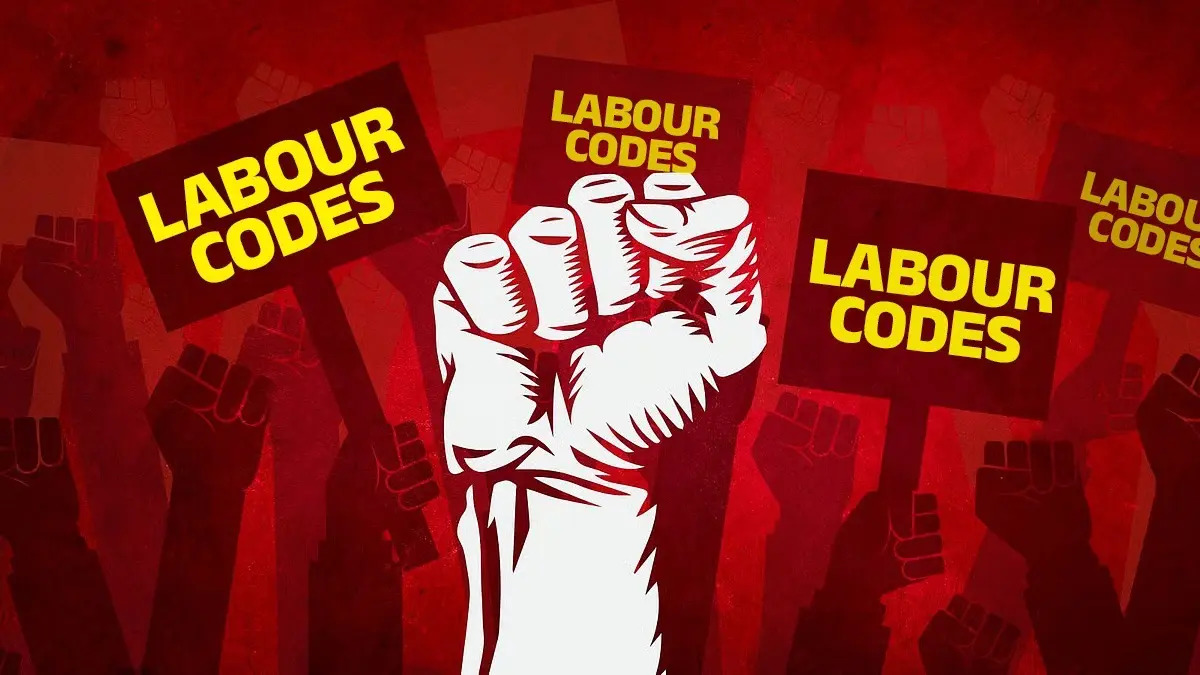
Sri Lanka’s textile and apparel sector may face serious consequences if policy makers fail to introduce new reforms to accelerate its growth, warns the Joint Apparel Association Forum (JAAF). Sri Lanka’s textile and garment exports increased 10.8 per cent in the first quarter of 2021 to $1.5 billion, reveals a Central Bank report. However, export earnings declined 0.6 per cent to $464 million from $ 467 million compared to the same period a year ago.
Data from Export Development Board pegs Sri Lanka apparels and textiles exports’ growth at 22.12 per cent Y-o-Y to $445.79 million in April. The sector is currently under serious threat owing to the gross economic mismanagement. Demand for apparels in the country is low, leading to a 20 per cent fall in export orders, says a Daily FT report. To stabilize growth, Sri Lanka needs to support garment manufacturers, both big and small. It needs to introduce sustainable, decisive solutions for their development urgently.
Yohan Lawrence, Secretary General, JAAF says, Sri Lanka needs to reinstate buyers’ confidence by being resilient to upcoming global economic crisis. The Sri Lankan industry is known for reliability, quality and sophisticated technical capabilities. It complements these qualities with a visionary approach to innovation, sustainability and circularity in fashion, he adds.
Stabilize energy supply and reform political culture
To ensure operational continuity, Sri Lanka’s apparel sector needs to stabilize energy supply by adopting renewable energy technologies, especially solar energy. This will help Sri Lanka ease some of the worst disruptions in production, explains Lawrence.
JAAF has also sought the abolition of the 20th Amendment to the Constitution to drive reformation of Sri Lanka’s political atmosphere. Its faulty political culture is considered to be at the root of its economic woes. To stabilize its economic growth, Sri Lanka needs to prioritize the welfare of its common citizens, Lawrence states. Refuting claims of shortages in raw material supplies and launch of new products, Lawrence says, the factories have an uninterrupted access to raw materials, ensuring smooth operations at the ports.
Ensure uninterrupted fuel supply
The permission to buy fuel directly from the Ceylon Petroleum Corporation (CEYPETCO) and Lanka IOC in dollars since April will help exporters avoid undue disruptions from power cuts and curfews, opines Lawrence. With bulk deliveries of diesel to apparel manufacturers resuming, exporters will be receiving uninterrupted fuel from specific fuel stations. This will help the industry continue day-to-day operations amidst ongoing fuel shortages, adds Lawrence.
Contributing 6 per cent to the country’s GDP, the Sri Lankan apparel sector accounts for 40 per cent of exports. The sector provides direct employment to 350,000 workers and indirect jobs to additional 700,000 workers. It aims to transform Sri Lanka into a global apparel hub and increase annual export earnings to $ 8 billion by 2025.












